Can Dogs Eat Nuts? A Comprehensive Guide to Nut Safety for Dogs
- 25 Feb 2025 13:43
Nuts are a popular snack for humans, but when it comes to your dog, you might be wondering: can dogs eat nuts? The answer is a bit more complex than a simple yes or no. While some nuts are safe for dogs to consume in moderation, many can be harmful or even toxic. It’s important to know which nuts are safe and which ones should be avoided entirely. In this article, we’ll break down the risks and benefits of nuts for dogs and provide tips on how to safely share them with your furry friend.
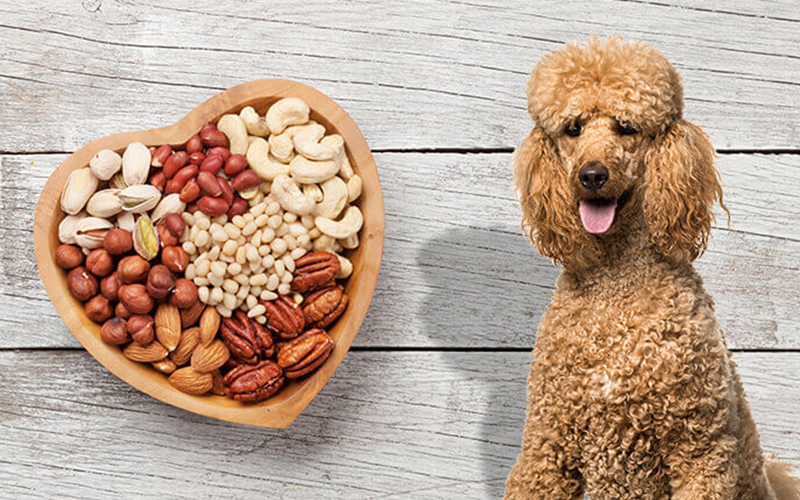
Are Nuts Good for Dogs?
Nuts can be a good source of protein, healthy fats, vitamins, and minerals, but they also come with potential risks. Some nuts contain beneficial nutrients that can contribute to your dog’s overall health, while others can cause serious health issues. Here's a closer look at the types of nuts dogs can safely eat and those they should avoid.
Safe Nuts for Dogs (In Moderation)
There are a few types of nuts that are generally considered safe for dogs in small amounts:
Peanuts
Peanuts are one of the most common and safest nuts for dogs. They’re packed with protein and healthy fats. However, there are a few things to keep in mind:Unsalted: Always choose unsalted peanuts to avoid excessive sodium, which can lead to dehydration or sodium poisoning in dogs.
No Shells: Ensure that peanuts are unshelled, as shells can be a choking hazard.
Avoid Peanut Butter with Xylitol: If offering peanut butter, make sure it doesn’t contain xylitol, a sugar substitute that is highly toxic to dogs.
Cashews
Cashews are safe for dogs to eat in small amounts. They are high in healthy fats and protein, but they should be given sparingly since too many can lead to digestive upset or weight gain. Also, cashews should be unsalted and plain, without any added flavoring.Almonds
Almonds are generally not toxic to dogs, but they can be difficult for them to digest. If you do feed almonds to your dog, make sure they’re unsalted and shelled. Since almonds are high in fat, they should only be given in small portions to avoid weight gain or gastrointestinal upset.Brazil Nuts
While not a common nut to feed dogs, Brazil nuts are safe in small amounts. They contain selenium, an essential mineral, but feeding them too often or in large quantities can cause selenium toxicity. So, limit this nut to occasional small bites.Hazelnuts
Hazelnuts are non-toxic to dogs, but like almonds, they can be hard to digest. If you decide to feed hazelnuts to your dog, offer only a few, and be sure they’re unsalted. Hazelnuts can also pose a choking hazard for small dogs, so it’s best to break them into smaller pieces.
Nuts to Avoid for Dogs
While some nuts are safe in moderation, others are highly toxic or pose serious health risks to dogs. The following nuts should never be given to dogs:
Macadamia Nuts
Macadamia nuts are one of the most dangerous nuts for dogs. Even small amounts can cause severe symptoms of toxicity, including:The exact cause of macadamia nut toxicity in dogs is still unknown, but it’s best to avoid them entirely.
Weakness
Vomiting
Tremors
Hyperthermia (increased body temperature)
Ataxia (lack of coordination)
Depression
Walnuts
Walnuts, especially black walnuts, can cause serious health issues for dogs. These nuts can carry mold that produces mycotoxins, which are toxic to dogs. Ingesting moldy walnuts can lead to vomiting, diarrhea, and neurological symptoms. Even fresh walnuts can cause digestive upset, so it's best to keep them away from your dog.Pistachios
Pistachios are another nut to avoid giving your dog. While they’re not as dangerous as macadamia nuts, pistachios are high in fat and can cause gastrointestinal issues like diarrhea and vomiting. They can also be a choking hazard due to their small size and hard shell.Chestnuts
Chestnuts are not toxic to dogs, but they can be difficult to digest. They are high in fiber and carbohydrates, which can cause gastrointestinal distress if consumed in large amounts. Chestnuts should only be fed occasionally and in small portions.Peach Pits
While not technically a nut, peach pits should be mentioned as they can be toxic to dogs. The cyanide in peach pits is extremely dangerous, and ingesting even a small amount can lead to poisoning.
Risks of Feeding Nuts to Dogs
While nuts can provide some nutritional benefits, there are also risks to be aware of:
High Fat Content
Nuts are generally high in fat, and feeding them too often or in large quantities can lead to obesity and pancreatitis in dogs. Pancreatitis is an inflammation of the pancreas that can cause severe pain, vomiting, and even death. Always serve nuts in moderation.Choking Hazard
Nuts, particularly whole nuts or nuts with shells, can be a choking hazard, especially for small dogs. Always remove the shells and chop the nuts into smaller pieces to reduce the risk.Digestive Upset
Nuts are not easily digestible for dogs, especially those that have not been introduced to them before. Feeding too many nuts can lead to gas, bloating, diarrhea, or vomiting.Allergic Reactions
Some dogs may have allergies to nuts, which can lead to itchiness, hives, swelling, or even anaphylaxis (a severe allergic reaction). If you’re feeding nuts to your dog for the first time, start with a very small amount and monitor for any signs of an allergic reaction.
How to Safely Serve Nuts to Dogs
If you want to feed your dog nuts, follow these guidelines to keep it safe:
Choose the Right Nut
Stick to nuts like peanuts, cashews, and hazelnuts, and avoid those that are toxic, like macadamia nuts and walnuts.Remove the Shells
Never feed your dog nuts with shells, as they pose a choking hazard and can damage your dog’s digestive system.Feed in Moderation
Nuts should only be an occasional treat, not a regular part of your dog’s diet. Keep portions small, and don’t exceed a few nuts at a time.Avoid Salt and Seasoning
Always feed unsalted and unseasoned nuts to your dog. Avoid flavored or roasted nuts, as added salt, sugar, or spices can harm your dog’s health.
Should You Use PettureX for Your Dog’s Health?
If you're ever unsure about what foods are safe for your dog, or if your dog eats something they shouldn’t, consider using PettureX for 24/7 online consultations. PettureX offers quick and reliable advice from pet health professionals, helping you make informed decisions to keep your dog healthy and happy.
Conclusion: Can Dogs Eat Nuts?
In conclusion, dogs can eat certain types of nuts, but you need to be mindful of the type, quantity, and preparation. Peanuts, cashews, and hazelnuts are generally safe in small amounts, while macadamia nuts, walnuts, and pistachios should be avoided due to their toxicity or risk of digestive upset. Always feed nuts in moderation and watch for any signs of allergic reactions or digestive issues.
For any concerns or questions about your dog’s diet, health, or potential hazards, PettureX is available for 24/7 online consultations, offering expert advice to keep your dog safe and healthy.
Related
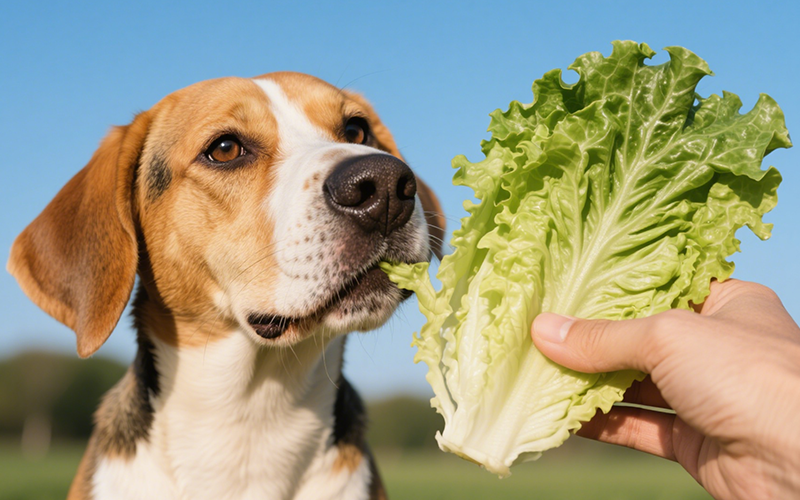
Crunchy Greens for Canines: Can Dogs Eat Romaine Lettuce Safely?
- 25 Apr 2025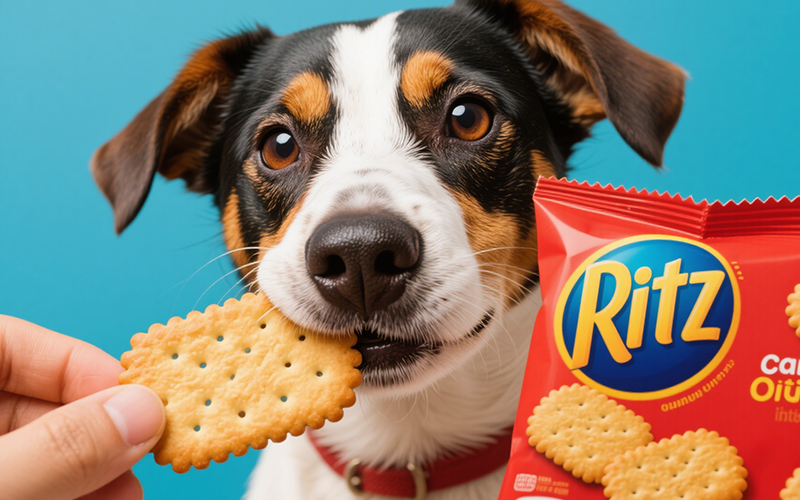
Ritz Crackers for Dogs? Why Vets Say No to This Common Snack
- 25 Apr 2025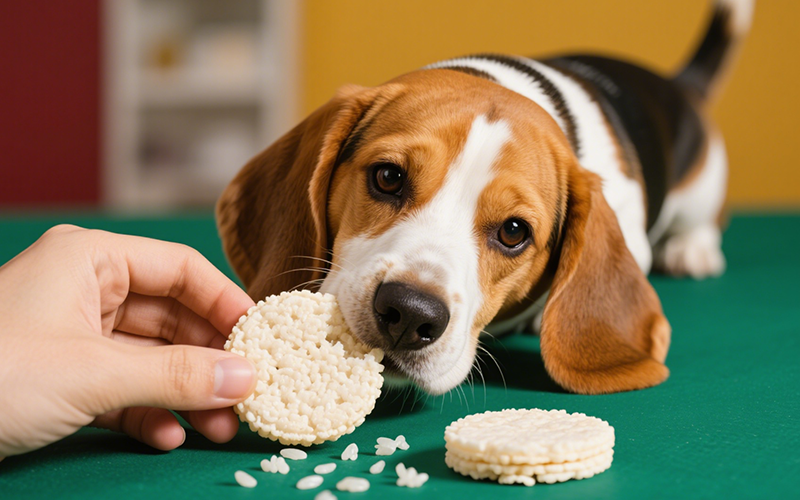
Rice Cakes for Rover? A Crunchy Question: Can Dogs Eat Rice Cakes Safely?
- 24 Apr 2025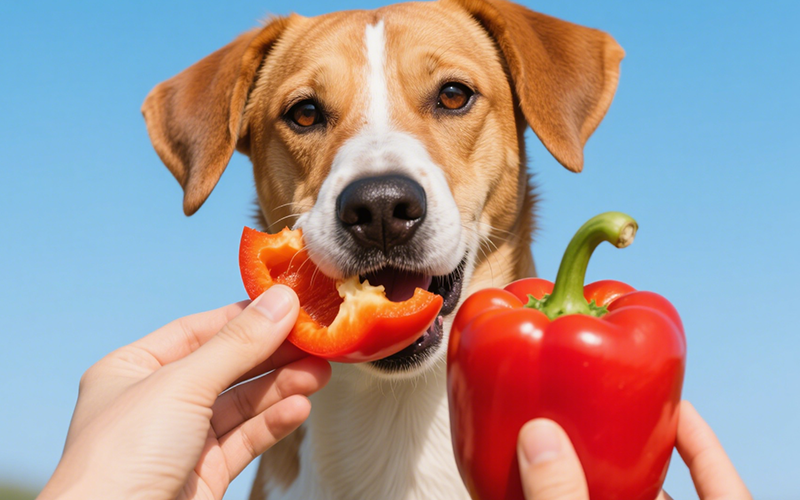
Crunchy & Colorful: Can Dogs Eat Red Bell Peppers Safely? A Vet-Approved Guide
- 24 Apr 2025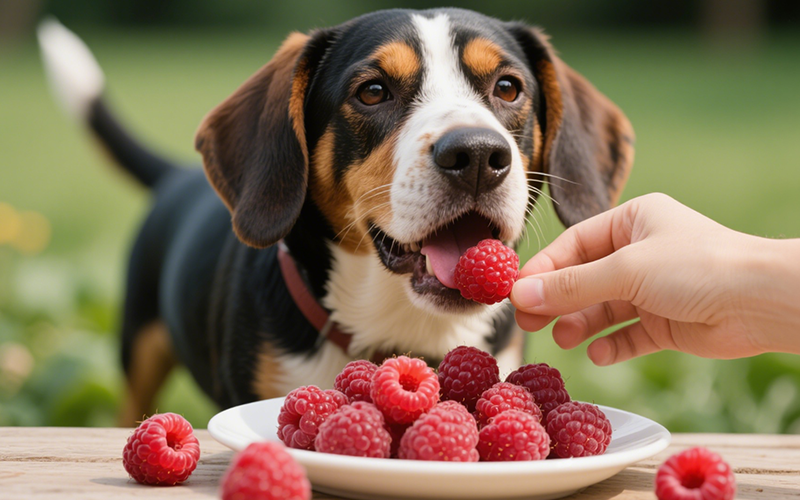
Raspberries for Rover? A Vet's Guide to This Berry Good Treat for Dogs
- 23 Apr 2025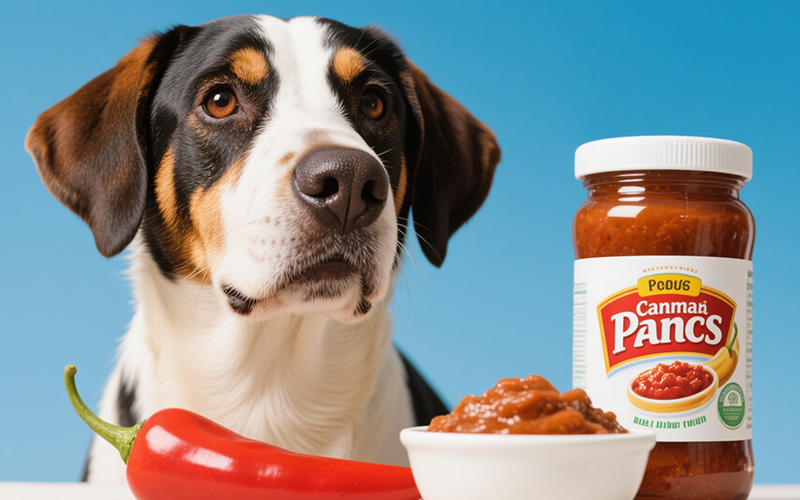
Ranch Dressing Dilemma: Can Dogs Safely Indulge? A Deep Dive into Why It's a Bad Idea
- 23 Apr 2025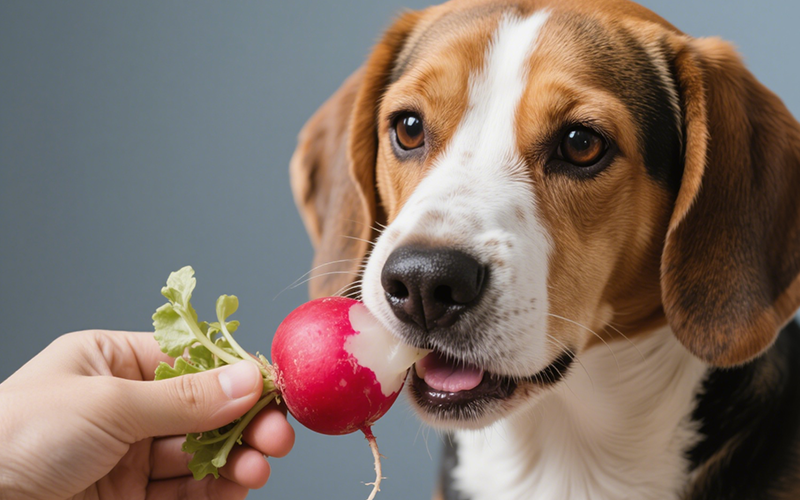
Radish Bites for Your Buddy? A Vet-Reviewed Guide on Whether Dogs Can Eat Radishes
- 22 Apr 2025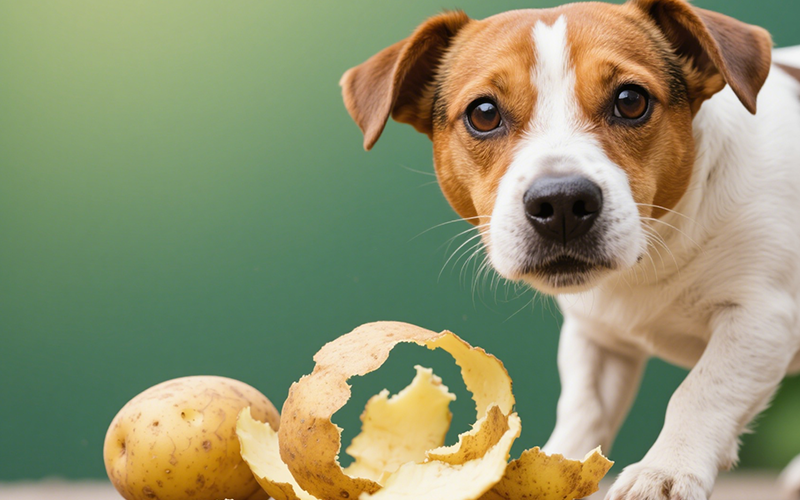
Potato Peels for Pooches? Unpeeling the Risks and Facts for Dog Owners
- 22 Apr 2025
Crunchy Curiosity: Can Dogs Safely Snack on Pork Rinds? A Deep Dive
- 21 Apr 2025
Pomegranate Seeds and Pooches: A Deep Dive into Whether Dogs Can Safely Indulge
- 21 Apr 2025
